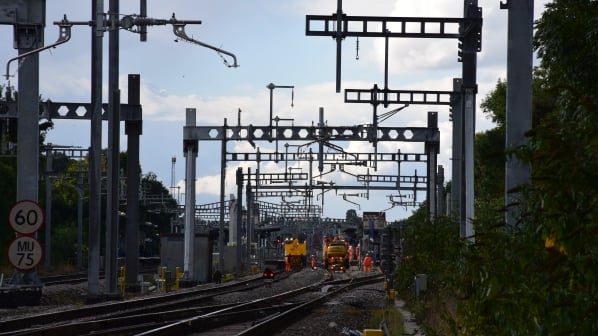Some of the XC network won't get electrified for a very long time and they use a huge amount of diesel under the wires currently (see my earlier comments on this thread) so an early win is replacement with bi-mode. It isn't just about getting there by an end date but also how much you can cut sooner too.I don't see any point in scrapping class 22X end cars. Yes, they're an inefficient use of space, but they've been built and they may as well be used.
There's no need for major re-engineering of class 22X; they're already pushing 20 years old and probably have 10-15 years' life left. I would transfer them all to XC, do a mid-life refurb of seating and internal decor and re-jig the train lengths within each class to give a roughly uniform fleet of 7-cars and doubled-up 4-cars. This gives a train fleet suitable for XC in the short-term. Yes, the 222s can't work in multiple with 220s and 221s but many operators already have mixed fleets with the same issue and at least there's kit in common to make some efficiencies on maintenance.
Longer term the trains will get replaced, but what with will depend on the proposed electrification sequencing and what the XC network will look like post-HS2.
GWR short HST replacement when the time comes looks sensible - as they wouldn't be doing over 100mph you could probably get away with isolating one engine at time in 4 car set. Non tilts fitted Voyagers/Meridians have about 8% better fuel consumption so I can't see 221s being popular.
== Doublepost prevention - post automatically merged: ==
In Scotland I think things will work out quite well / efficiently but in the England there is no way to match which routes get prioritised with when rolling stock is life expired, hence lots of hybrids, more than needed for the long term will be needed in the medium term. Much existing diesel stock will get cascaded a lot - as will lots of newer hybrid stock.Which is where new build hybrids come in. Battery or diesel, or both.
But in any event, it is quite feasible that older diesel stock will be retiring before any electrification.
Last edited:

